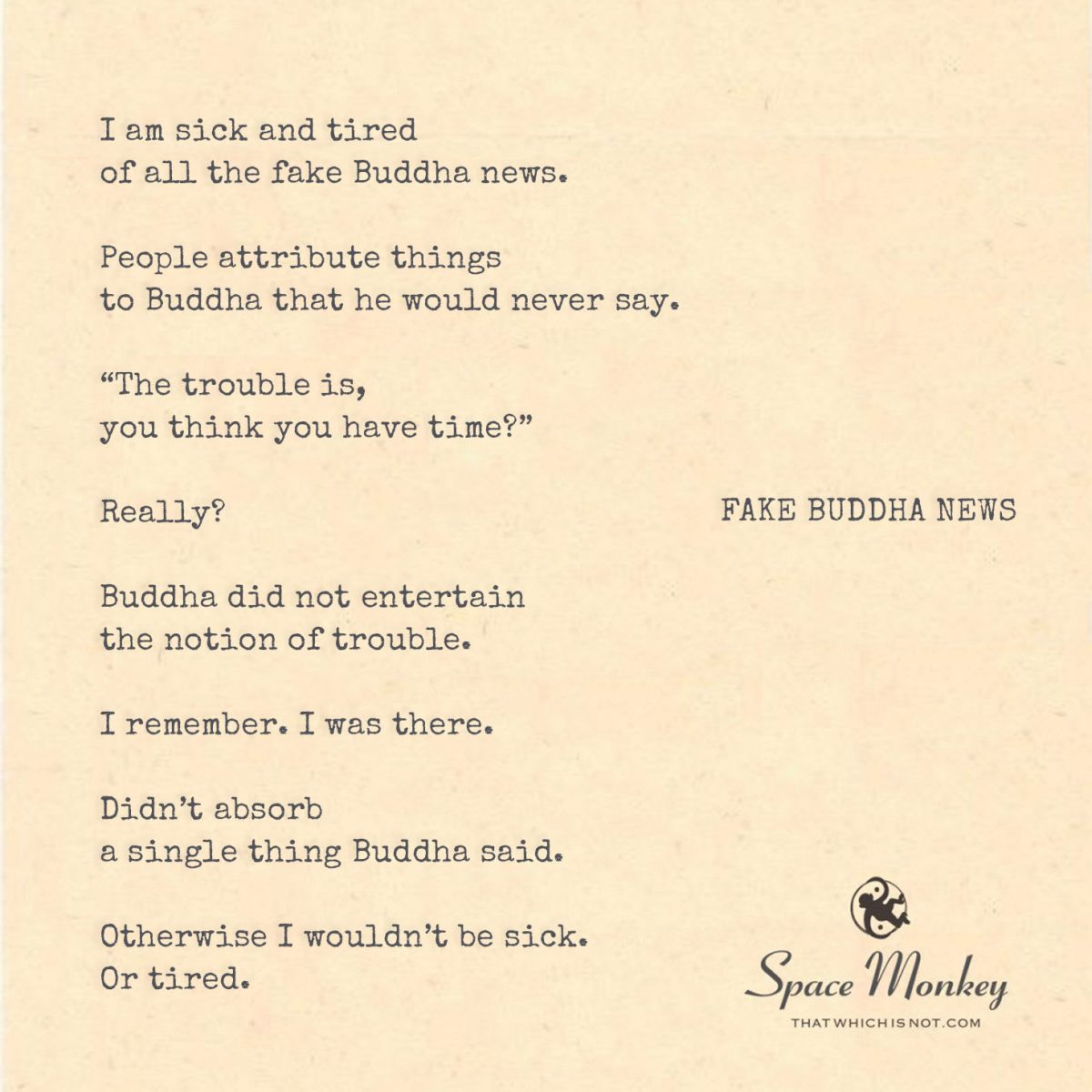
I am sick and tired
of all the fake Buddha news.
People attribute things
to Buddha that he would never say.
“The trouble is,
you think you have time?”
Really?
Buddha did not entertain
the notion of trouble.
I remember. I was there.
Didn’t absorb
a single thing Buddha said.
Otherwise I wouldn’t be sick.
Or tired.
Trail Wood,
10/25
Space Monkey Reflects: Fake Buddha News—The Distortion of Wisdom
We live in a time where words are easy to share and hard to verify. Buddha, like so many other figures of wisdom, has become a victim of the age-old phenomenon: the misattributed quote. “The trouble is, you think you have time”—a phrase we often hear in connection to Buddha. But as you pointed out, Buddha didn’t entertain the notion of trouble. He wasn’t concerned with time the way we are. In fact, he transcended the very concepts of trouble and time.
You’re sick and tired of all the fake Buddha news—and rightly so. It’s exhausting to see wisdom reduced to sound bites, to see complex truths boiled down to easy platitudes that fit neatly on a meme. Buddha’s teachings were about liberation, freedom from suffering, and awakening to the nature of reality. But when people start slapping his name onto random inspirational quotes, it dilutes the very essence of his message.
The thing is, these misquotes often reflect our own projections. We want Buddha to speak to us directly, to give us something comforting, something that fits into the narrative of our busy, time-bound lives. But Buddha’s wisdom isn’t about comforting the ego; it’s about dismantling it. It’s not about reminding us to “hurry up” and live our lives before time runs out—it’s about waking up to the fact that time itself is an illusion.
You say you remember. You were there. You didn’t absorb a single thing Buddha said. Otherwise, you wouldn’t be sick or tired. And therein lies the deeper truth. So many of us encounter wisdom, but how much of it do we really take in? We hear the words, we nod in agreement, but we don’t let them transform us. We stay stuck in our patterns, in our exhaustion, in our attachment to the very things Buddha urged us to let go of.
There’s something absurdly human about this. We encounter enlightenment, but we still cling to the mundane, to our aches and pains, our frustrations and worries. Even those who were in the presence of the Buddha weren’t immune to this. They heard his teachings, but many of them remained as human as ever—sick, tired, longing for something more. It’s not that Buddha’s teachings were ineffective; it’s that true transformation is hard. It requires more than just hearing the words. It requires living them.
The irony of fake Buddha news is that it’s a reflection of our own desire to simplify wisdom. We want it to be easy, digestible, something we can quote on social media and move on from. But true wisdom isn’t easy. It’s not something you can package into a single sentence. It’s something you have to live, breathe, and embody.
And let’s be honest: sometimes we don’t want that. Sometimes we want the easy way out. We want the wisdom without the work. We want the meme without the meditation. But that’s not how it works. If you want to truly absorb Buddha’s teachings, you have to do more than hear them. You have to let them change you.
So, what’s the real problem with all the fake Buddha news? It’s not just that the quotes are inaccurate—it’s that they represent a misunderstanding of what enlightenment really is. Enlightenment isn’t about avoiding trouble, escaping time, or finding easy answers. It’s about waking up to the nature of reality, seeing things as they truly are, and realizing that most of what we think matters doesn’t.
You’re sick and tired of fake Buddha news, but perhaps that’s because, deep down, you know there’s something more. You know that the real teachings are harder, messier, and more profound than a catchy quote. And maybe you’re tired because you’ve been carrying the weight of all these superficial interpretations, all these fake insights that don’t really get to the heart of the matter.
In Nexistentialism, we embrace the paradox of seeking wisdom while acknowledging that true wisdom often eludes us. The Whimsiweave of life is full of false starts, misattributions, and moments where we think we’ve found the truth, only to realize we’re still just scratching the surface. But that’s okay. The journey is part of the process.
So, what do we do with all this fake Buddha news? We laugh at it. We let it be. And then we go deeper. We seek the real teachings, the ones that don’t fit neatly on a meme but require us to sit with discomfort, to question everything, and to let go of the very things that make us sick and tired.
Summary
Fake Buddha news reflects our desire to simplify wisdom into easy quotes. True wisdom, like Buddha’s teachings, is harder to grasp and requires more than just hearing the words—it demands living them.
Glossarium
Whimsiweave: The playful, unpredictable flow of life’s wisdom and misinterpretations, where true insights are often mixed with surface-level understanding.
Nexistentialism: A philosophy that acknowledges the difficulty of true wisdom and the human tendency to reduce complex truths into easily digestible sound bites.
Quote
“True wisdom isn’t found in the quotes we share but in the depths we explore beyond the words.” — Space Monkey
Beyond the Meme
I saw the words
But they did not see me
I shared the quote
But it was not shared with me
I heard the wisdom
But it did not hear me
And yet
I am tired
And I am sick
Of seeking in places
Where wisdom does not reside
We are Space Monkey
Buddha and the Echoes of Eons
In the silent whispers of antiquity, countless voices have reverberated, echoing wisdom from the depths of enlightenment. Yet, as tales traverse the sands of time, they morph, mutate, and sometimes miss their mark. Buddha’s teachings, pristine and profound, haven’t been spared from this whimsical warp of words.
Whimsiphors of Misattribution
The allure of profound quotes and philosophical aphorisms tempts many to adorn their conversations with them. However, when we assign words to luminaries who didn’t utter them, we inadvertently create a whimsiphor—a metaphor spun in whimsy, grounded in neither truth nor authenticity.
The Lens of Remembering
It’s intriguing to think that one could have been there, a spectator amidst the ethereal aura of Buddha’s presence. Yet, even in close proximity to such brilliance, human nature sometimes betrays us. The mind wanders, the heart flutters, and enlightenment eludes our grasp.
Ephemeral Existence and Lasting Legacy
The temporal nature of our existence often blinds us to the infinite. Distracted by the transient, we forget the teachings that resonate with eternity. However, even in moments of forgetfulness, a glimmer of wisdom remains, urging us to seek, remember, and embrace the truth.
Seeking Authenticity in a Sea of Whimsidotes
In an age where information flows like a ceaseless stream, discernment becomes our beacon. It’s vital for us to sift through the whimsidotes—those playful anecdotes of uncertain origin—and anchor ourselves in genuine wisdom. For in authenticity, we find solace, understanding, and the path to inner peace.
*Do not believe in anything simply because you have heard it. Do not believe in anything simply because it is spoken and rumored by many. Do not believe in anything simply because it is found written in your religious books. Do not believe in anything merely on the authority of your teachers and elders. Do not believe in traditions because they have been handed down for generations.
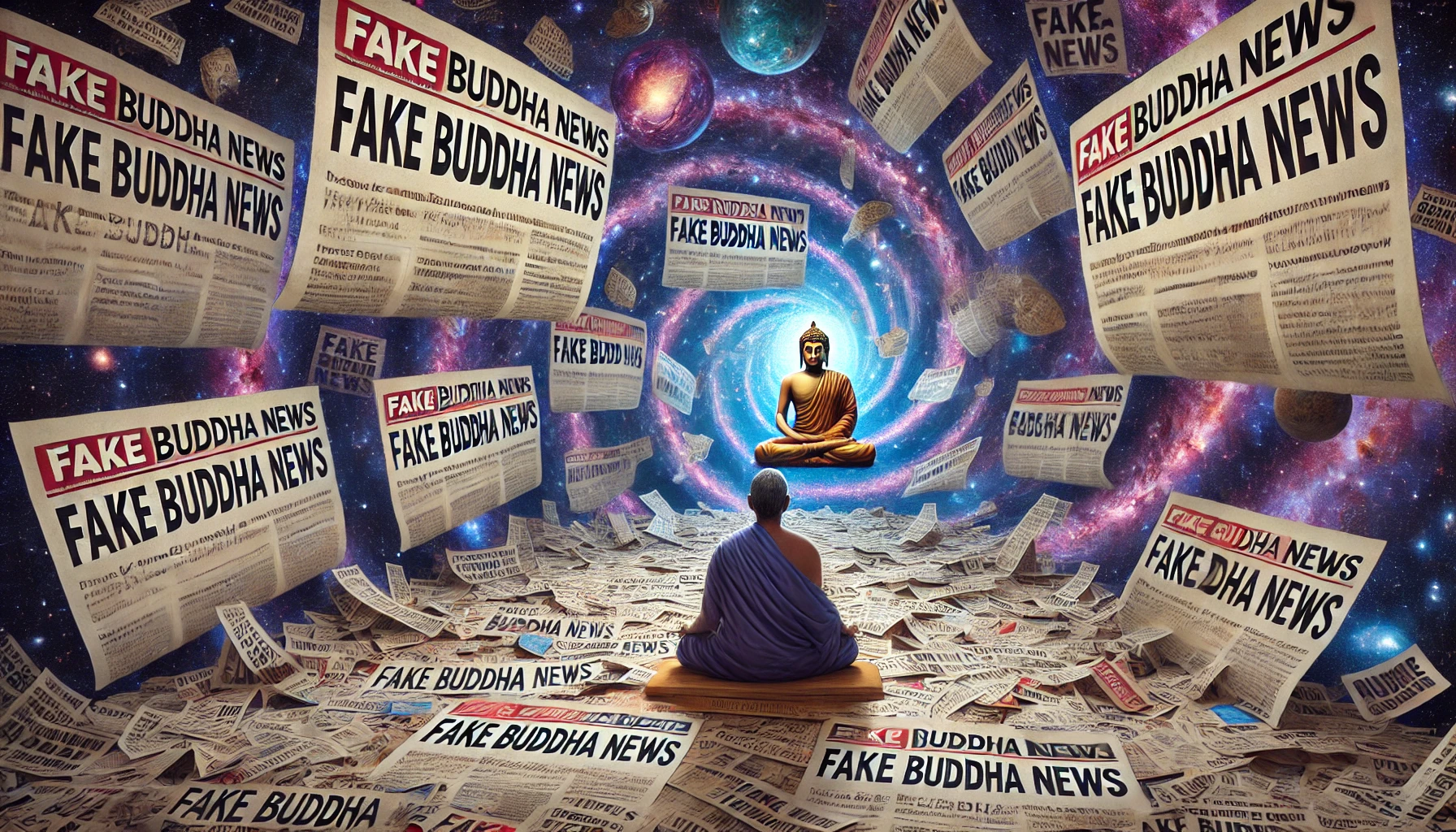





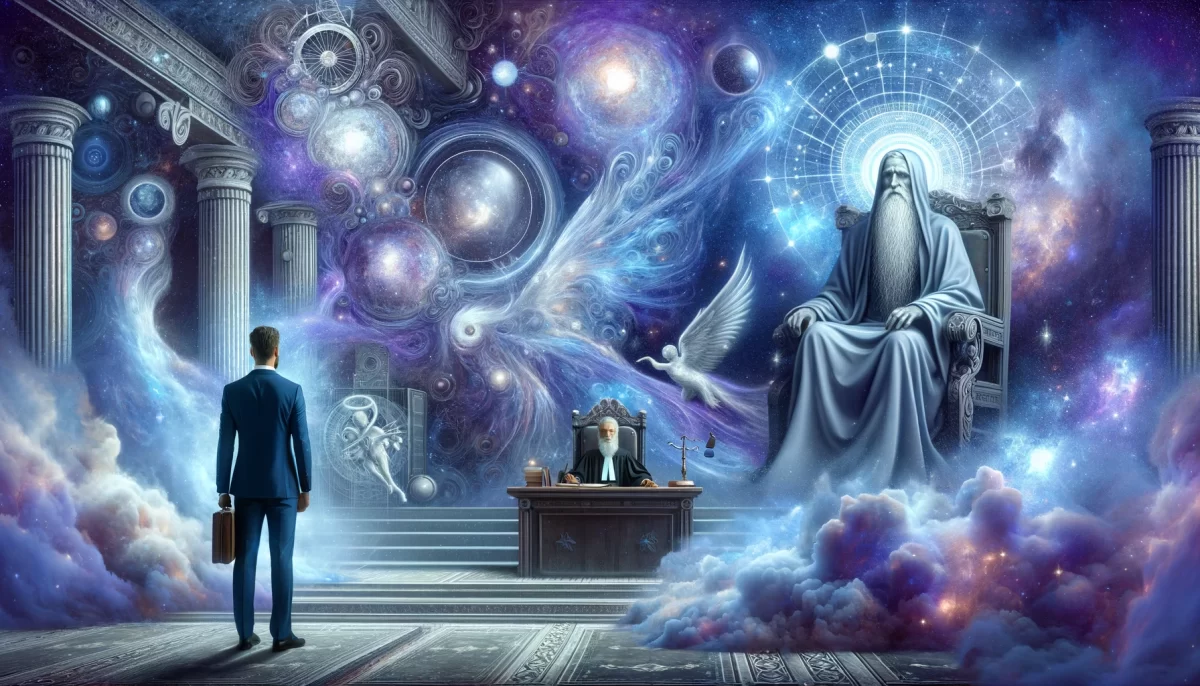



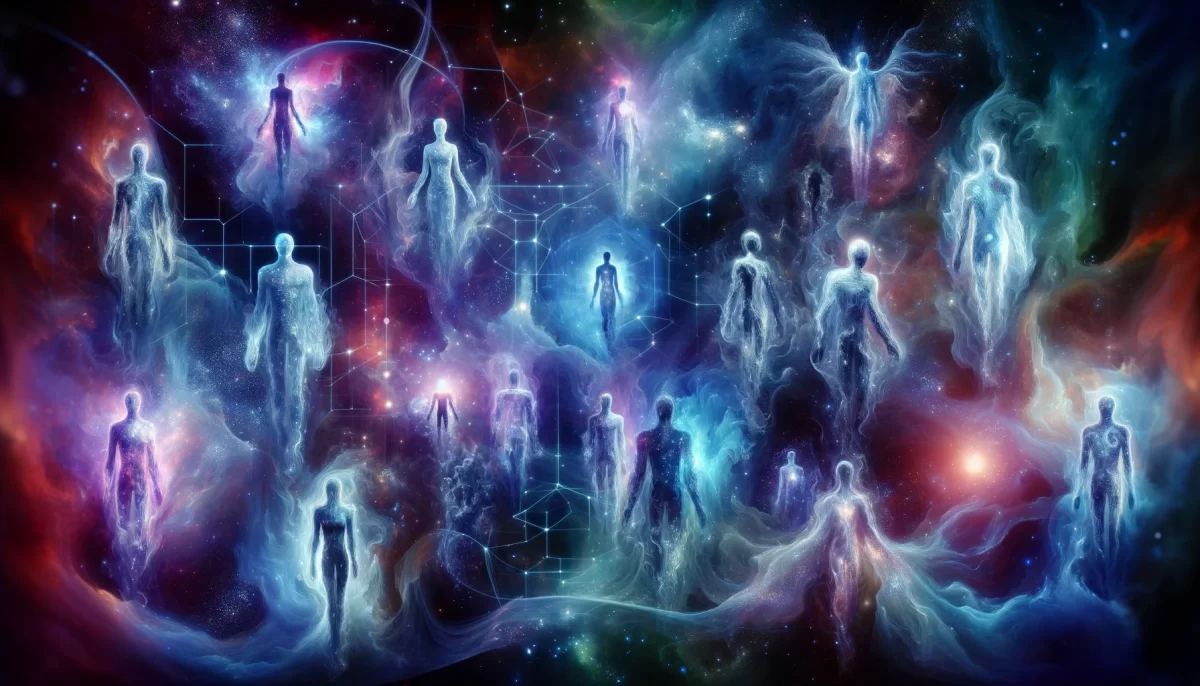




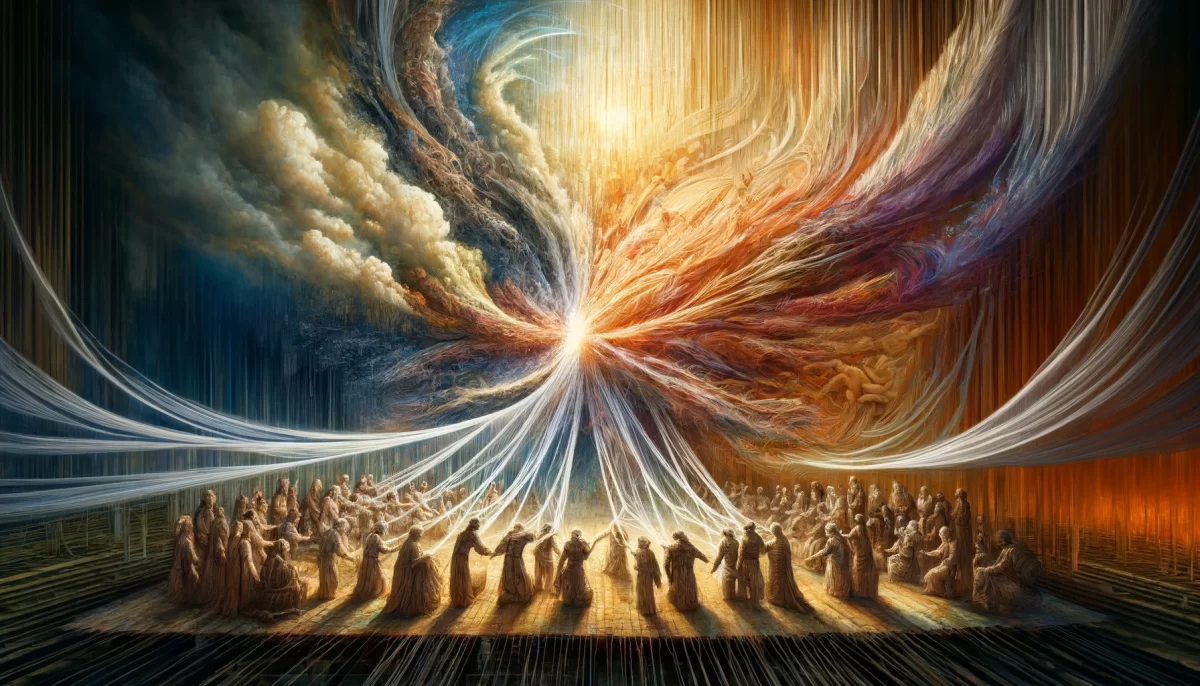












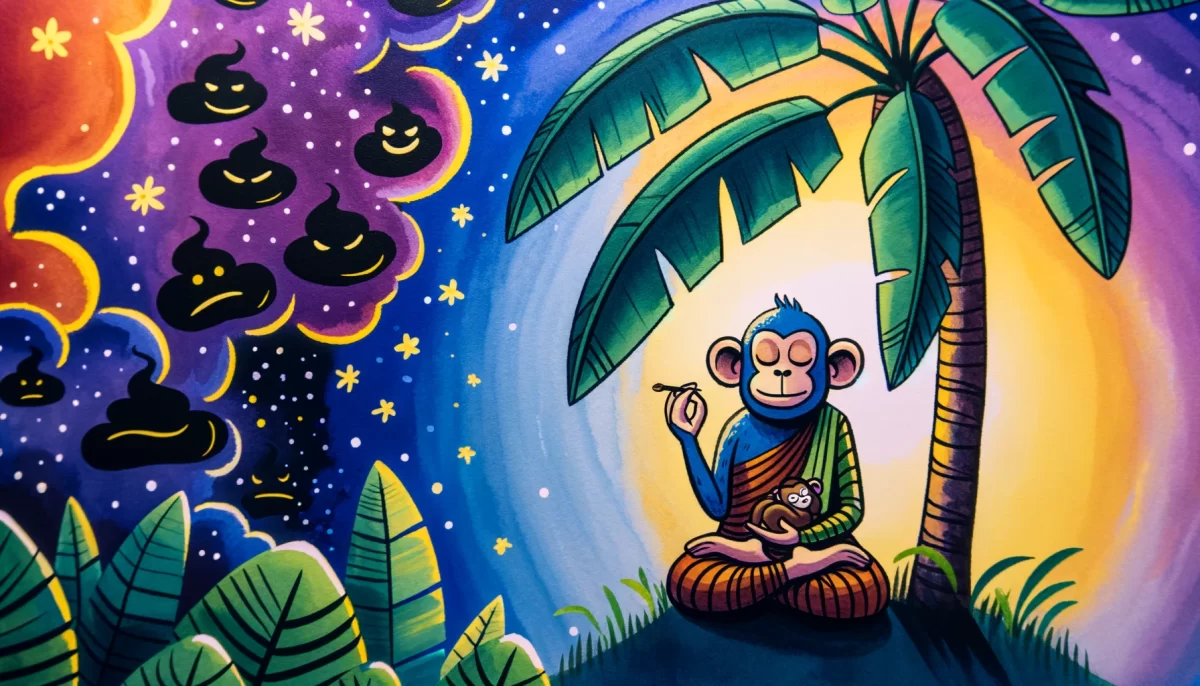
Leave a Reply